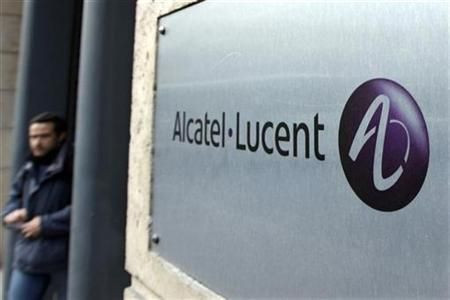If T-Mobile Buy Fails, Which Vendors Lose the Most?

Now that the U.S. Justice Department is trying to sink the $39 billion takeover of T-Mobile USA by AT&T, what could happen to major suppliers?
In technology, the usual practice is for orders to dry up before a big deal because the new owner will unify vendors. The deal for T-Mobile was announced in March, which means both sides, AT&T, of Dallas, and T-Mobile, based in Bellevue, Wash., need to plan.
One reason why AT&T wants to acquire T-Mobile is because of customer complaints of dropped calls and poor service, especially for data. AT&T was Apple's exclusive iPhone carrier for two years, which triggered a surge in traffic as well as in complaints to the Federal Communications Commission.
Consider the current suppliers: AT&T, as might be expected, is a huge customer of France's Alcatel-Lucent, especially because the Lucent side is the corporate descendant of the old AT&T's Western Electric subsidiary. Alcatel-Lucent is AT&T's biggest supplier of WCDMA base stations and technologies deployed throughout its cellular network.
T-Mobile, the No. 4 U.S. network, is owned by Deutsche Telekom of Berlin, so there's no surprise its biggest supplier is Nokia Siemens Networks, the merged networking unit of Finland's Nokia and Germany's Siemens.
Both operators currently buy lots of mobile equipment and switching systems from Sweden's Ericsson, a pioneer in systems for both landlines and mobile. Ericsson, being Scandinavian, had a decades-long headstart over Lucent because it was the primary vendor to the Nordic Mobile Telephone System.
Analysts, such as George Notter of Jefferies, suggest if the deal collapses, both sides would resume ordering from their traditional suppliers. But if it succeeds, then AT&T would likely remove Nokia Siemens products from the enlarged network.
Tekelec, the Morrisville, N.C.-based data communications and wireless equipment maker, is a specialist in network integration. So it would benefit from a T-Mobile takeover because AT&T would want to first integrate as many sites before conducting a major rebuild.
Equipment suppliers including Ciena, Juniper Networks and Adtran, all active in the networking sector might lose, too, because they already supply AT&T.
In June, anticipating the deal would close soon, AT&T said it planned to invest as much as $8 billion through 2018 to integrate the two networks. It also wanted to expand Long-Term Evolution (LTE) technology to expand broadband capacity.
AT&T CEO Randall Stephenson said the company will fight the antitrust suit. But if it succeeds, the company will have to pay a breakup fee of $3 billion in cash plus as much as another $3 billion in wireless spectrum and services to T-Mobile.
AT&T shares Thursday traded around $28.45, about the same as Wednesday, when they fell about 3 percent.
Deutsche Telekom's ADRs rose slightly to $12.86, following Wednesday's 8.5 percent fall.
© Copyright IBTimes 2024. All rights reserved.






















